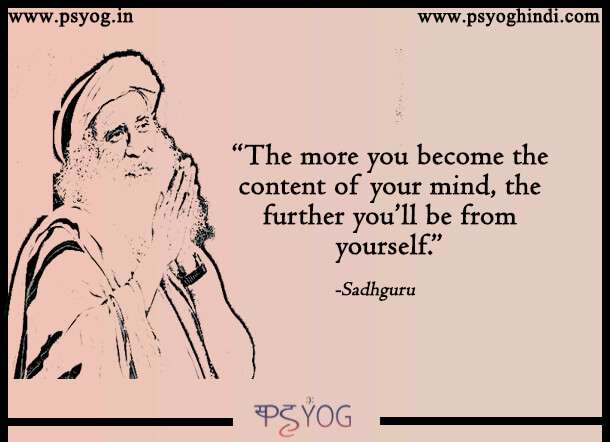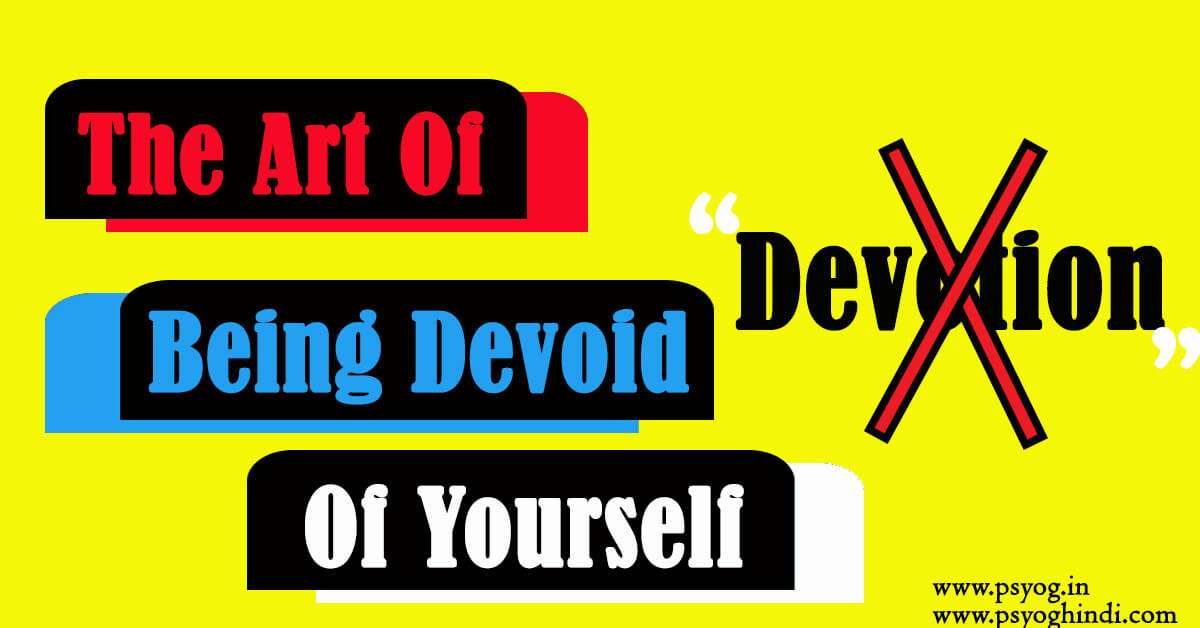Devotion Meaning
Devotion Meaning: Losing Youourself
Devotion, for most people, conjures images of daily routines, religious rituals, or perhaps unwavering commitment to a cause or passion. But beneath the surface, devotion is something much deeper, far more profound than a mere habit or a duty. It comes from a word “devoid,” being devoid of oneself, and losing our sense of self to something much grander. Devotion meaning is not self-centricism.
Devotion: Beyond Routine
We often hear people say, “He is devoted to his work and has no time to think about himself.” But in reality, this paradox of devotion is a constant struggle. Devotion meaning, at its core, implies being selfless, yet we find it challenging to escape the clutches of self-obsession. The human mind tends to be “self-obsessed,” with thoughts revolving around our individual concerns, desires, and fears.
In this modern world, where individual self is given utmost importance, with notions like self-love, it’s easy to become entangled. The question then arises: Is this “self” truly worth all the attention? (Read: Spirituality Begins When We Drop Our Physicality)

The Illusion of the Self
What we commonly refer to as our “self” is essentially a collection of information. This information encompasses our genetics, DNA, and everything we accumulate through our five senses. Our genes and DNA, , were passed on to us, which are beyond our control. In essence, our identity, to a large extent, has been imposed upon us rather than chosen.
Our sensory perceptions further contribute to shaping this identity. What we see, hear, touch, taste, and smell, all mold our sense of self. However, these external inputs distort our concept of self. It becomes obvious that what we consider to be our self is comprised of factors beyond our control. The more of information we become, the further we’d be from ourselves.

Devotion: Liberation from Limited Identity
This is where the profound nature of devotion comes into play. By embracing devotion and seeking to be devoid of ourselves, we create the opportunity to transcend our limited identity. When we devote, and lose ourselves, doesn’t matter to what, we experience moments of connection with something greater than ourselves.
This connection, rooted in devotion, allows us to lose ourselves in a higher intelligence. This intelligence is not bound by the limitations of our self-constructed identity. It provides a glimpse of the infinite, where individual boundaries dissipate, and we merge with an all-inclusive consciousness. In these moments, devotion meaning takes on a new dimension, as we realize it is not about self-denial, but self-transcendence. (Read: Science Of Mahashivratri)
The Power of Letting Go
Devotion, in its truest form, is a powerful tool for liberation. It’s about releasing the grip of our ego and being open to experiences and wisdom beyond our limited perception. When we let loose the incessant babble of self-concern, we enter a space, of nothingness.
Devotion meaning extends beyond any religious context. It is a collective law that can be applied to diverse aspects of life. Whether it’s devotion to a creative endeavor, a humanitarian cause, or a spiritual path, the underlying principle remains the same. The principle being: the willingness to surrender the self, allowing a profound connection with something greater to emerge.
Devotion is not just a target but an ongoing journey. It’s a route to self-abandonment, leading us toward a deeper perceptive of the universe. In a world where the self is glorified, devotion offers a path—a path that dissolves the self. This allows us to merge with a higher intelligence that is not information-bound. (Read: Manifestation Meditation)

Conclusion
In conclusion, devotion meaning goes far beyond daily routines and mere dedication. It is an invitation to explore the vast expanse of existence by letting go of the confines of the self. While the modern world emphasizes individuality, it is crucial to recognize that our self is a construct of external influences. Devotion allows us to transcend these limitations, establishing connection with a higher intelligence that is not limited by our boundaries. This is the trippy path where the “I” takes a back seat, and we become one with the infinite.
FAQs
Devotion for most people means praying to god, for this, or that. In times of need, or tough times, we always think of a higher power, which can guide and help us. However, true devotion means being devoid of yourself. When we become devoid of our individual self, we merge with the absolute.
We often say that “this person is so devoted to his work that he has no time for himself.” Likewise, to be devoted means losing our sense of self, for something bigger than us. When we live our life from this space of “no-person,” our perception gets enhanced and we see existence beyond individual existence.
For most of us, devotion means a routine wherein we go to a place of prayer, and pray. However, another and the correct way to look at devotion is, being devoid of yourself. We can only call ourselves as devotees, when we are willing to lose ourselves, for something bigger than us. When this happens, we get engulfed in the love of the divine, and remain in that blissful space.



